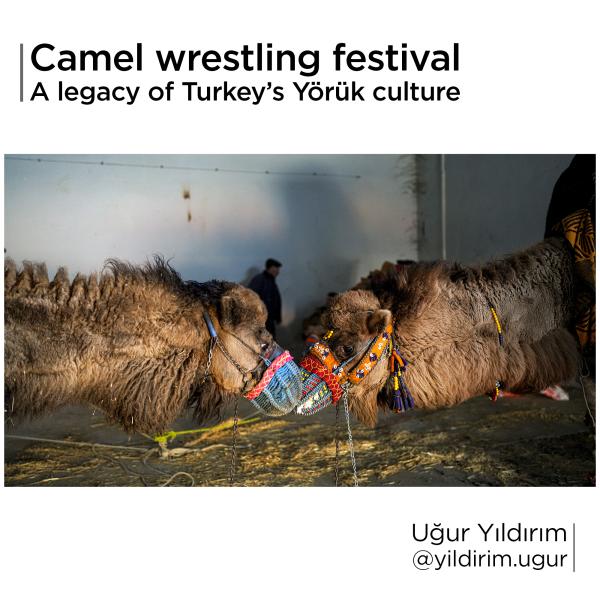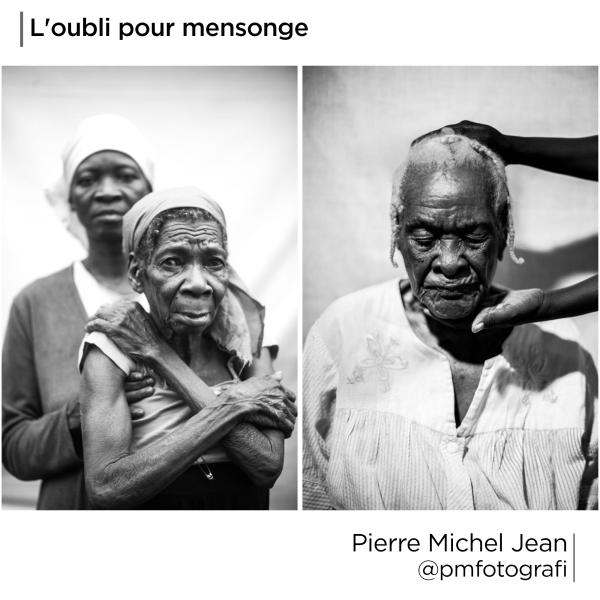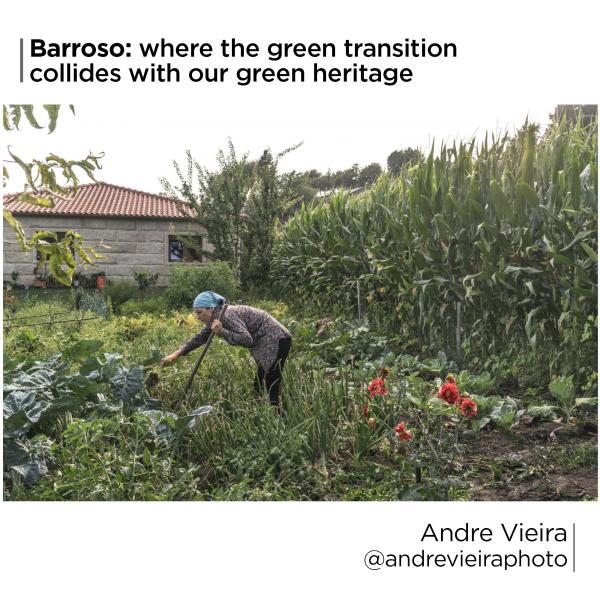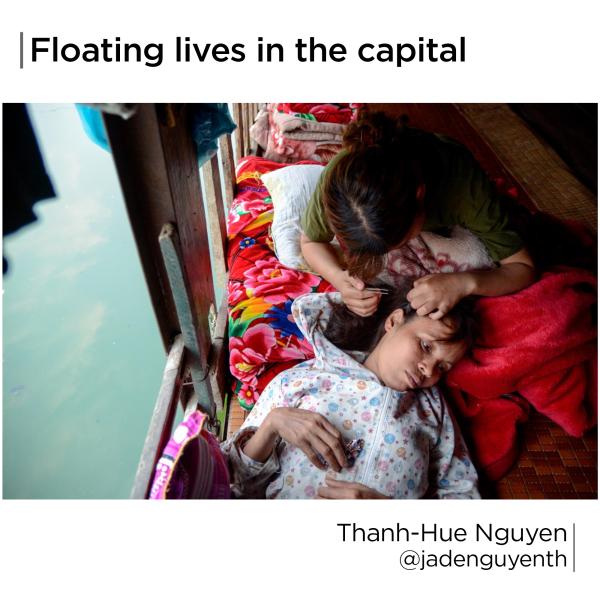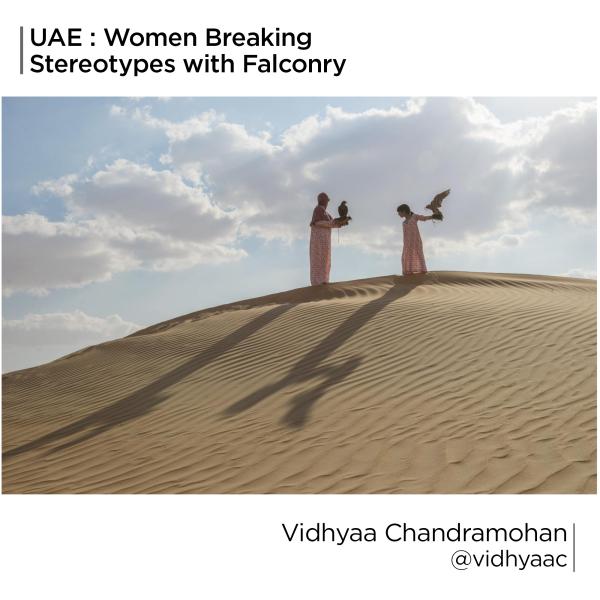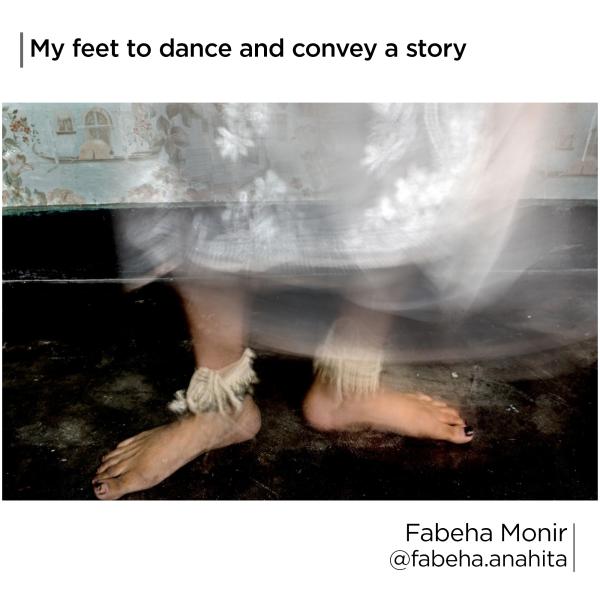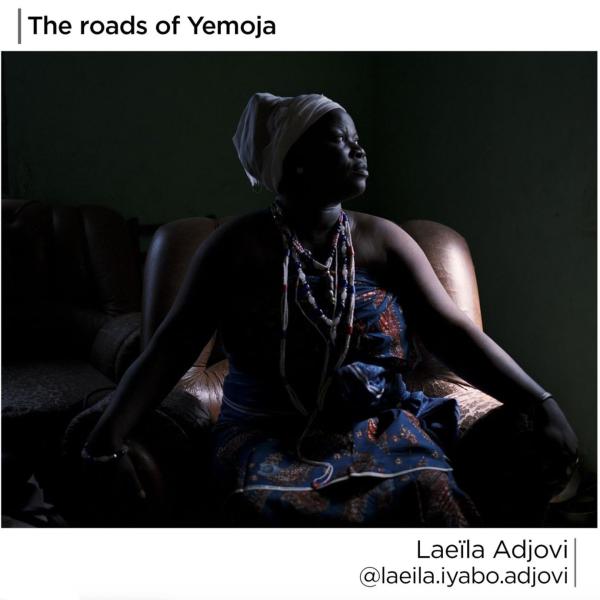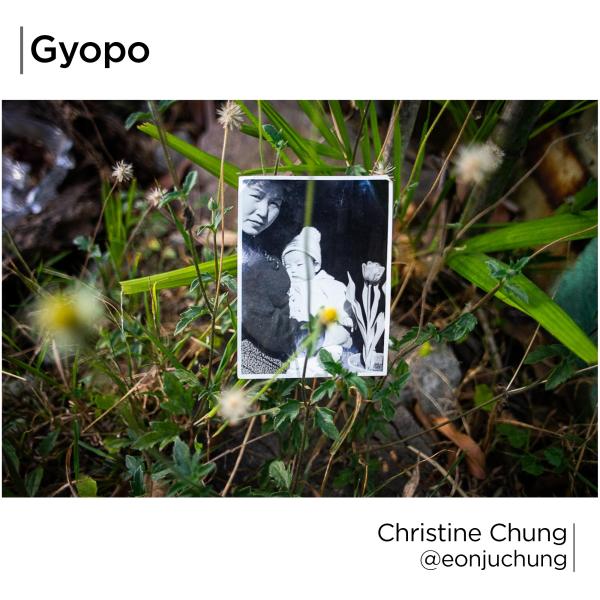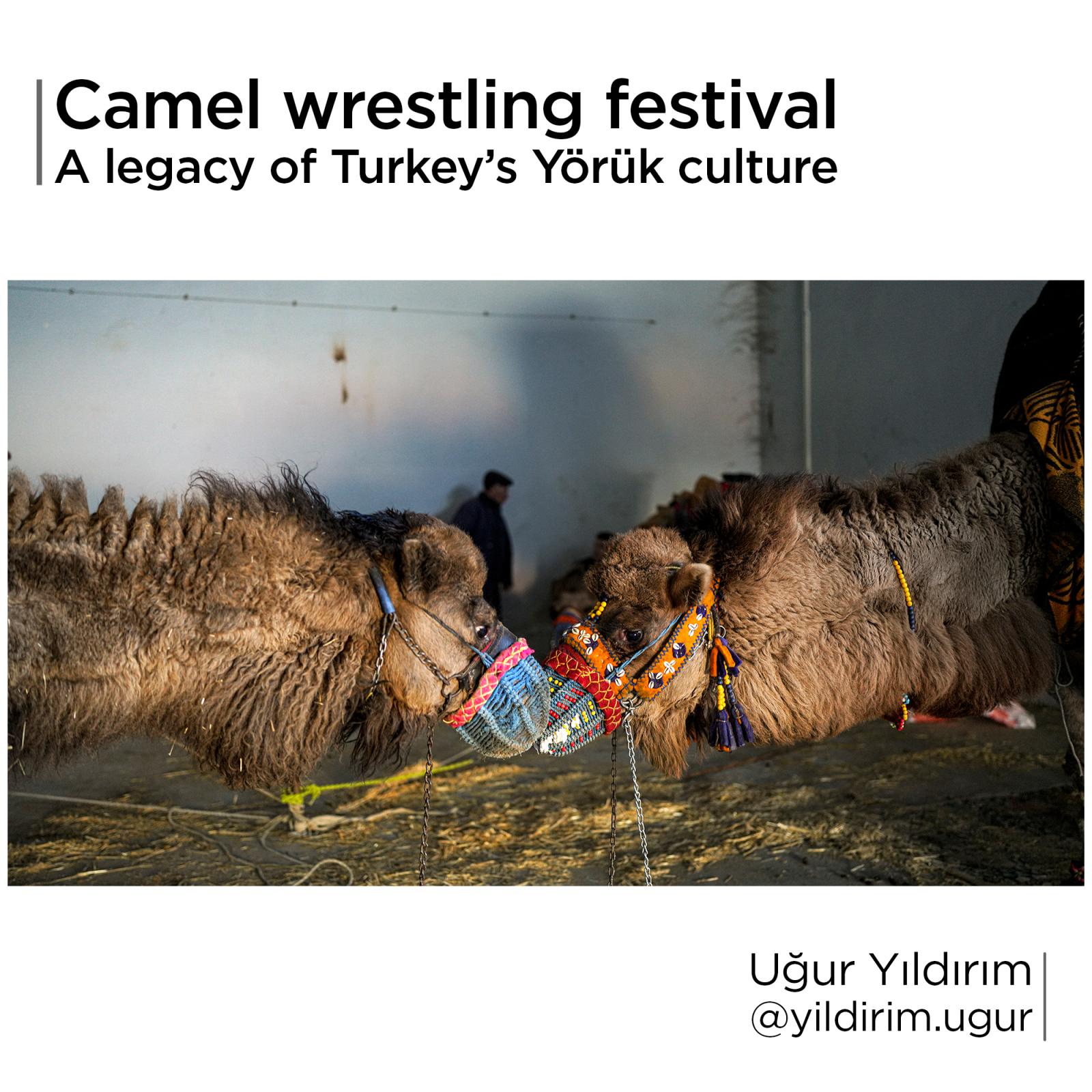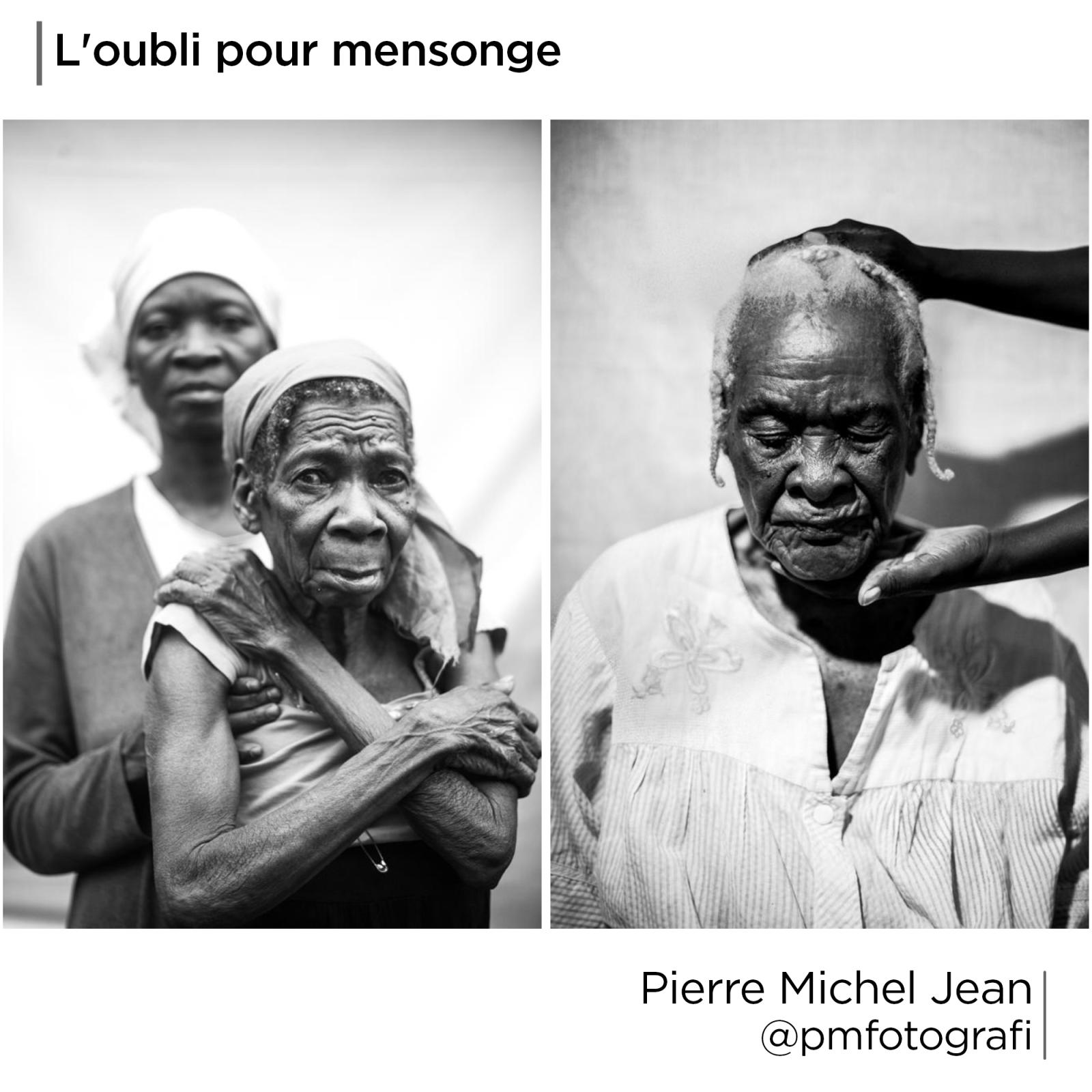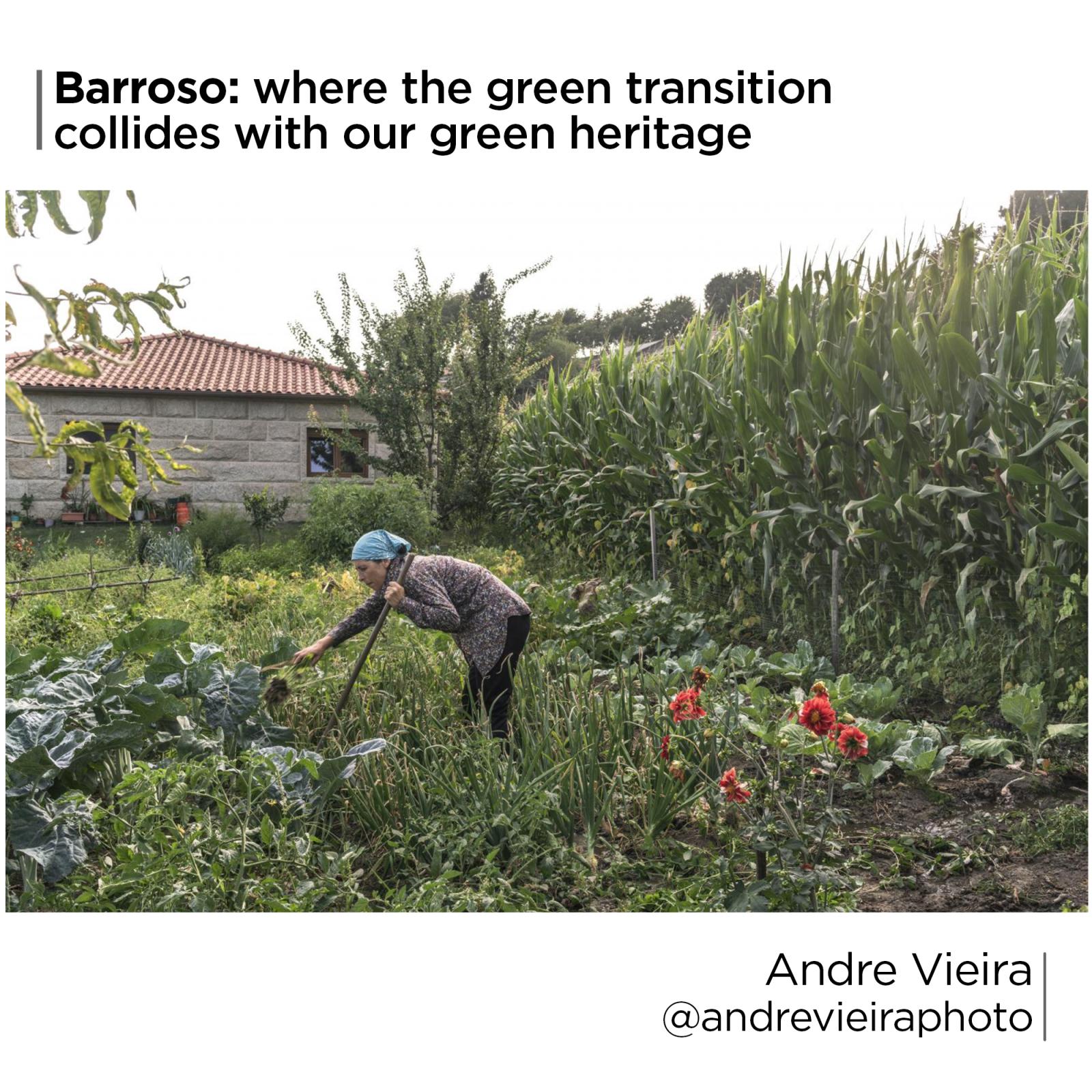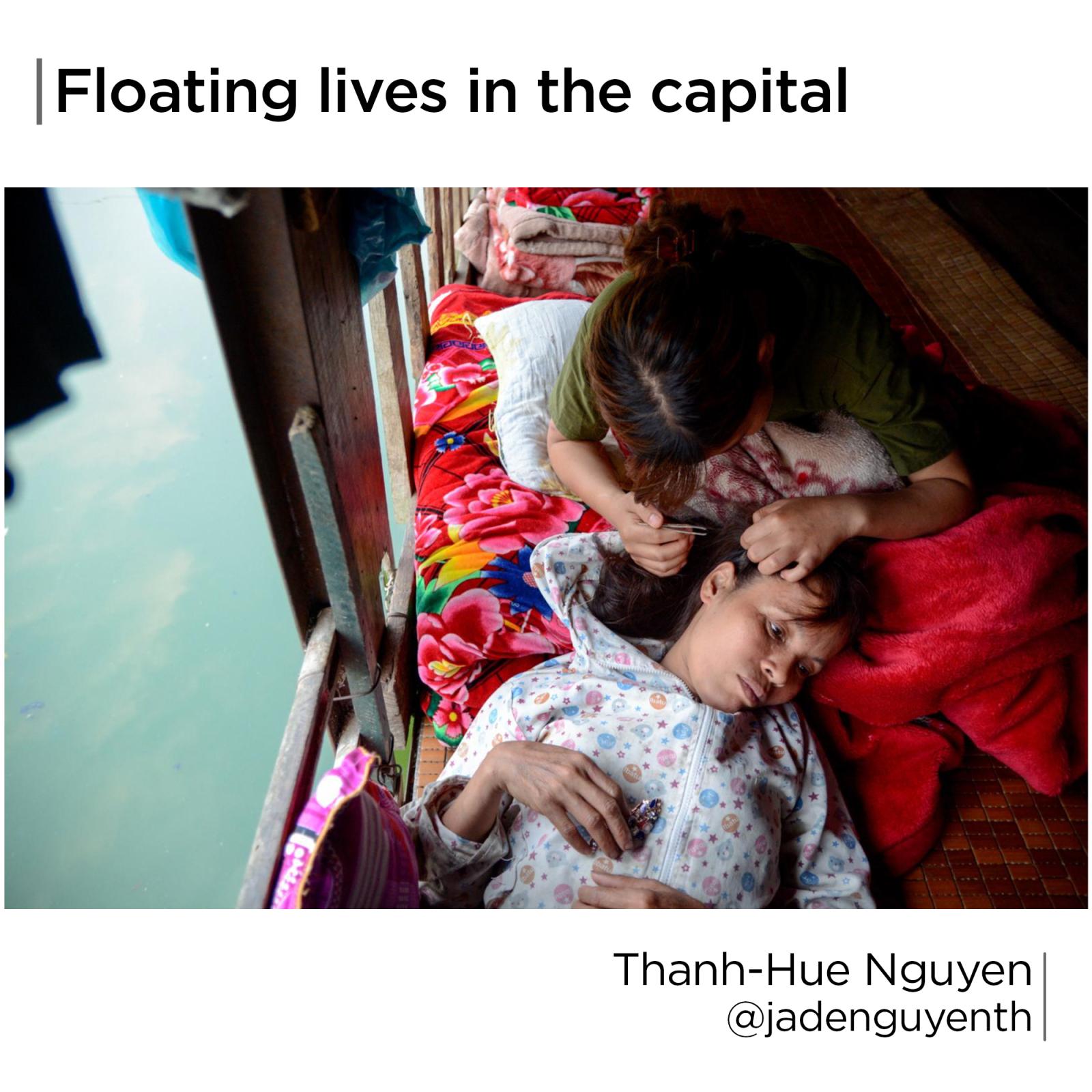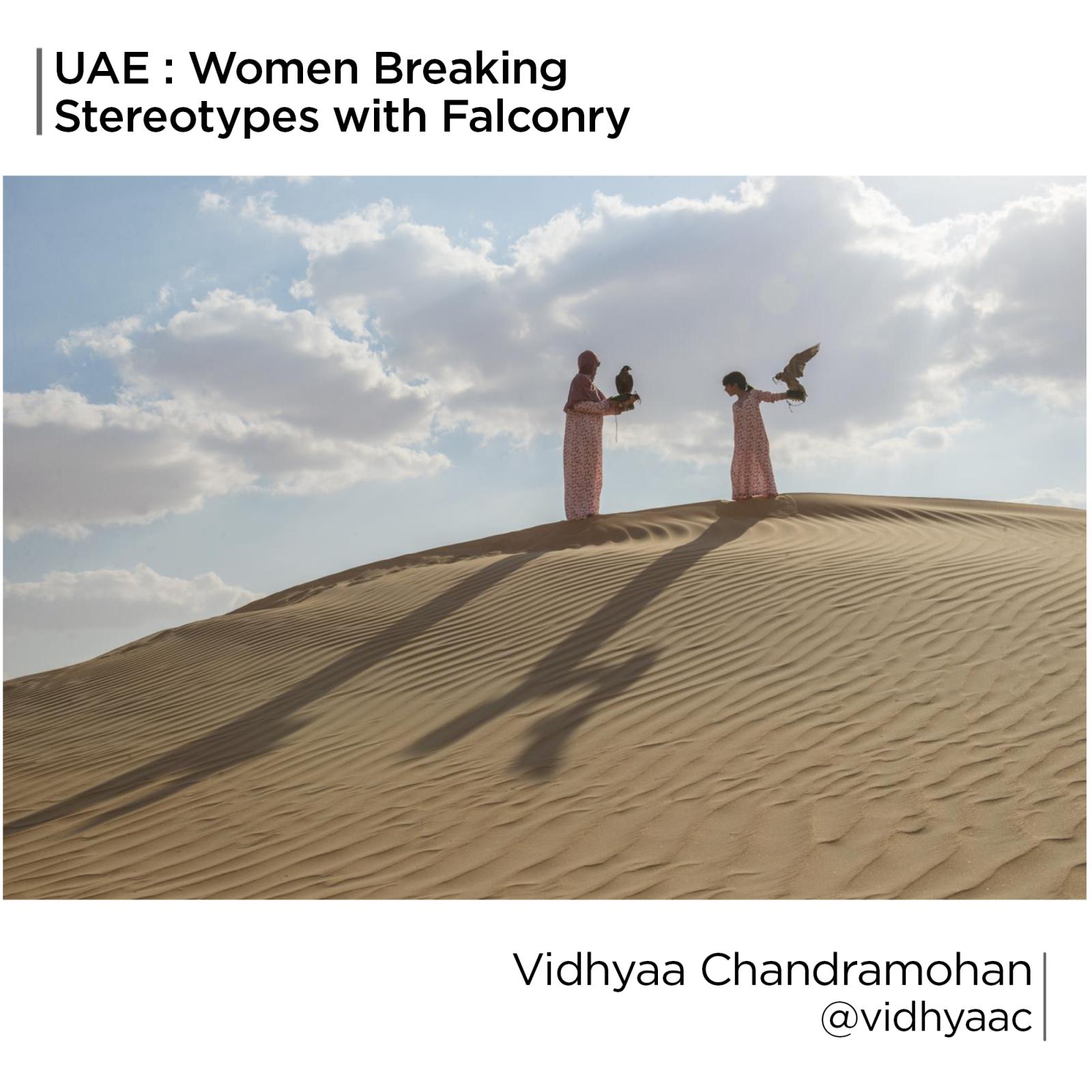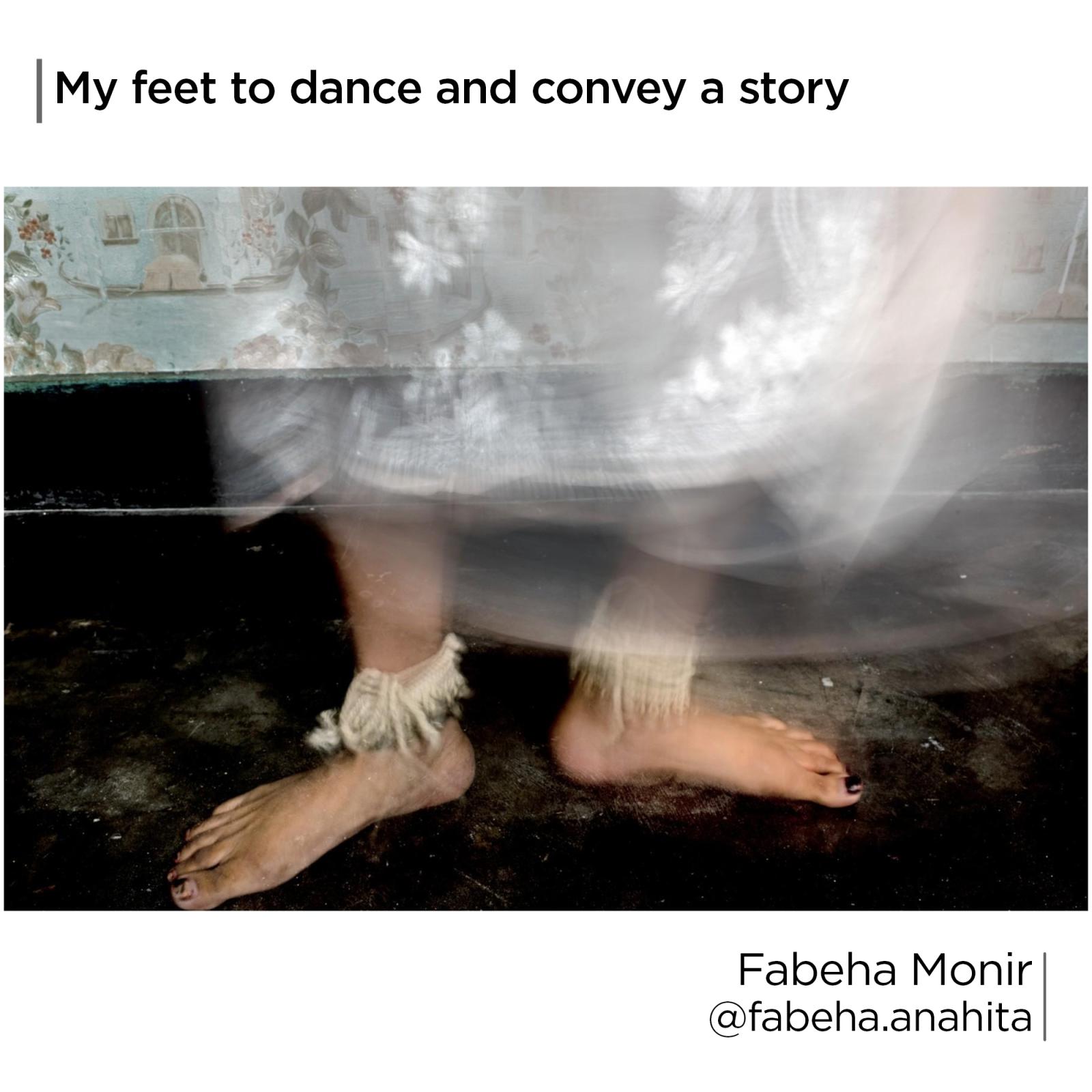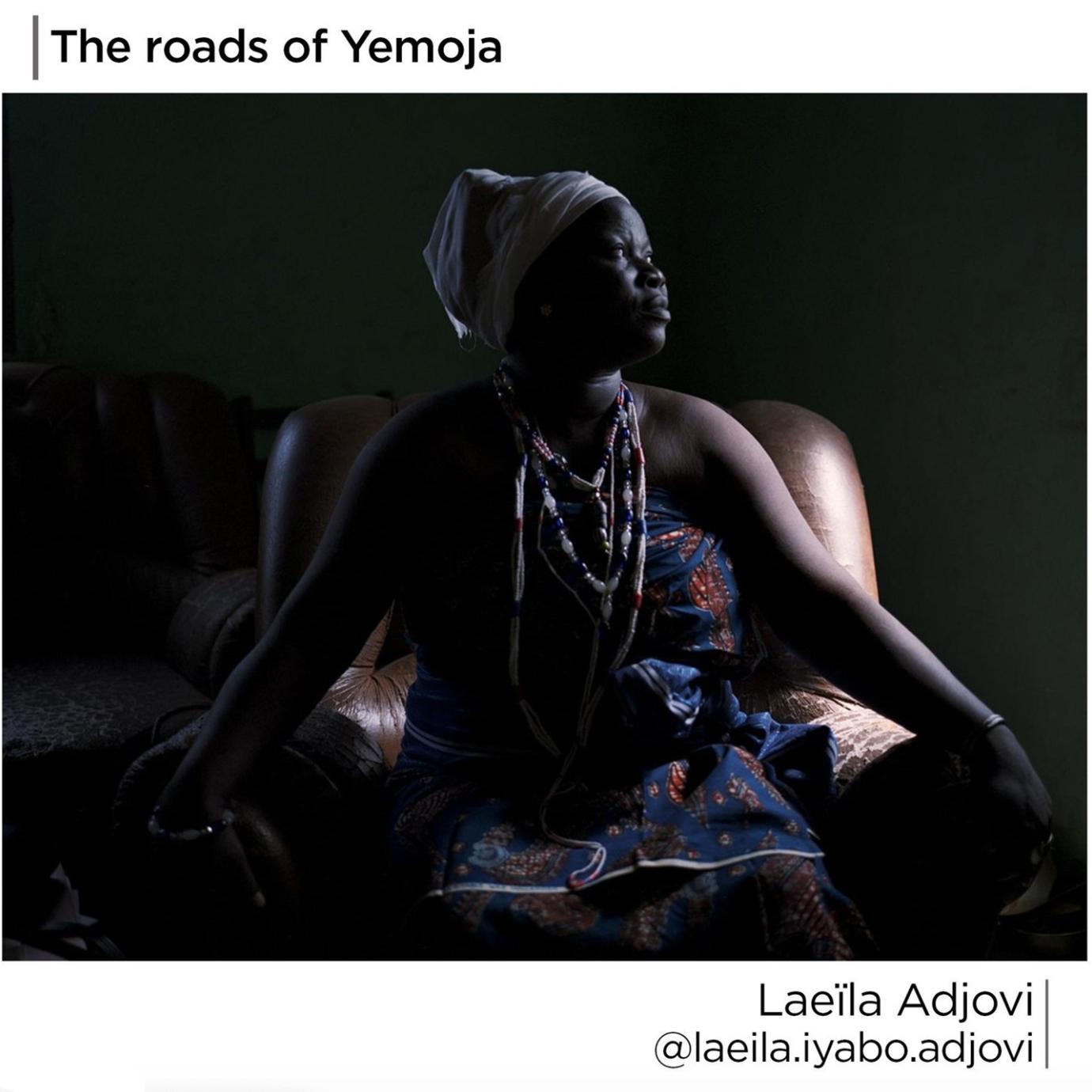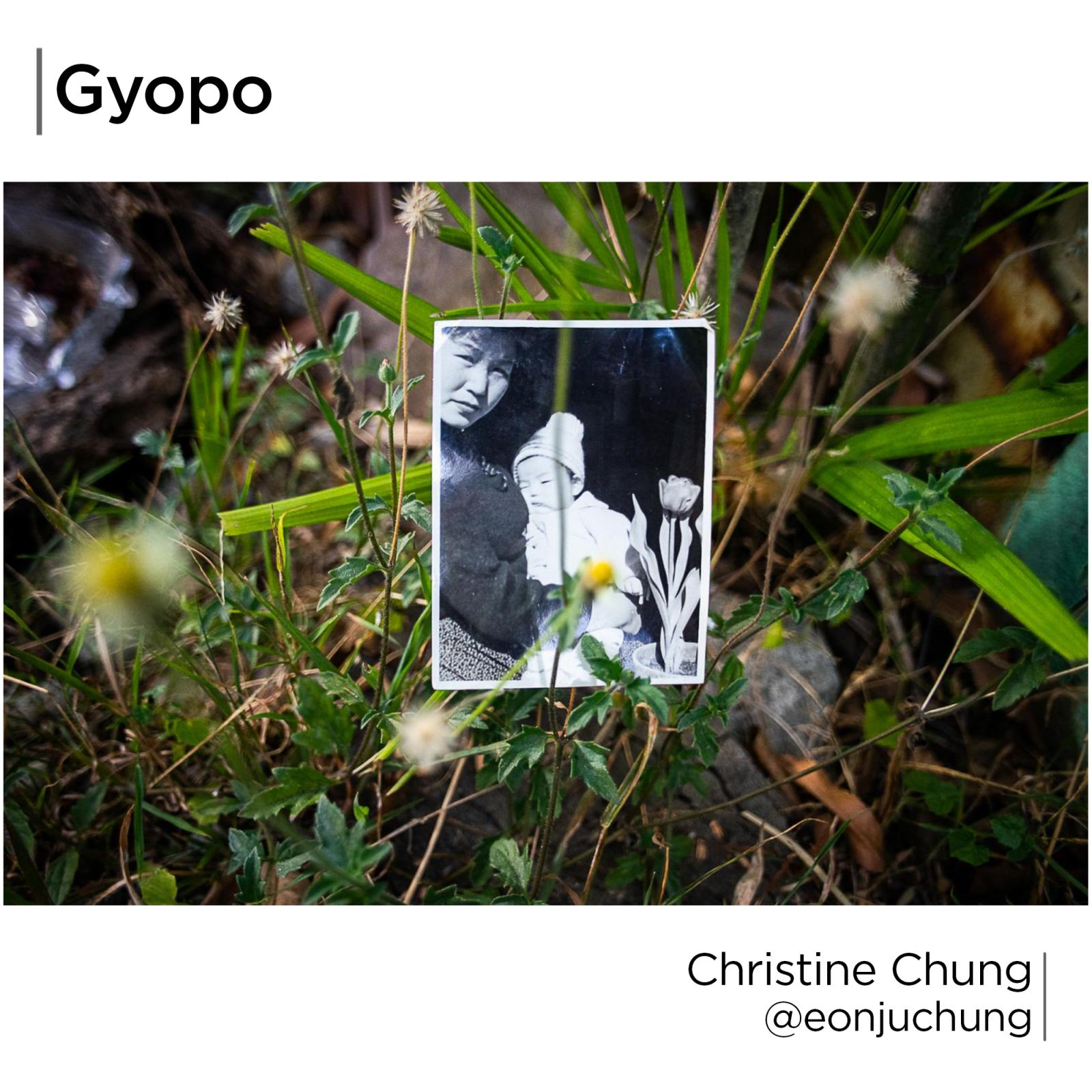Turkish photographer Ugur Yildirim @yildirim.ugur has worked in crisis regions all over the world.
Since 2014 he has worked as a reporter and photographer for Sabah Newspaper in Istanbul which takes him all over Turkey and beyond.
The image shown is from a story Yildirim both wrote and photographed for — Camel wrestling festival: A legacy of Turkey’s Yörük culture.
The camel wrestling festival in western Turkey draws thousands every year to see the animals try to nonviolently outdo each other and remains a highlight of the Yörük, or nomadic culture of Turkey, in which camels played a crucial part.
Bilgehan Oğuz, who heads a camel wrestling association, says this is “a sports of ancestors” for them and is a passion. “Life comes to a halt in villages and towns when the camel wrestling starts. Everyone rushes to see the festival. We even cancel our wedding plans. This is more a place for socialization for our people, where they eat, drink and form friendships,” he said.
Since 2014 he has worked as a reporter and photographer for Sabah Newspaper in Istanbul which takes him all over Turkey and beyond.
The image shown is from a story Yildirim both wrote and photographed for — Camel wrestling festival: A legacy of Turkey’s Yörük culture.
The camel wrestling festival in western Turkey draws thousands every year to see the animals try to nonviolently outdo each other and remains a highlight of the Yörük, or nomadic culture of Turkey, in which camels played a crucial part.
Bilgehan Oğuz, who heads a camel wrestling association, says this is “a sports of ancestors” for them and is a passion. “Life comes to a halt in villages and towns when the camel wrestling starts. Everyone rushes to see the festival. We even cancel our wedding plans. This is more a place for socialization for our people, where they eat, drink and form friendships,” he said.
Pierre-Michel Jean @pmfotografi lives and works in Port-au-Prince as a freelance photojournalist and filmmaker.
Founding and active member of the collective of Haitian journalists (Koletif 2D), Jean is a contributor to their review of reports "Fotopaklè".
His project 'L'oubli pour mensonge' includes portraits of survivors of The Parsley Massacre.
The Parsley Massacre — Massacre du Persil — was a mass killing of Haitians living in the Dominican Republic's northwestern frontier and in certain parts of the contiguous Cibao region in October 1937.
On the orders of the Trujillo dictatorship, Haitian immigrants and nationals are hunted down and then killed with knives by Dominican troops.
According to some historians, more than 20,000 Haitians perished.
This project includes portraits of these survivors, places of memory and the legacy of a silent pogrom.
Founding and active member of the collective of Haitian journalists (Koletif 2D), Jean is a contributor to their review of reports "Fotopaklè".
His project 'L'oubli pour mensonge' includes portraits of survivors of The Parsley Massacre.
The Parsley Massacre — Massacre du Persil — was a mass killing of Haitians living in the Dominican Republic's northwestern frontier and in certain parts of the contiguous Cibao region in October 1937.
On the orders of the Trujillo dictatorship, Haitian immigrants and nationals are hunted down and then killed with knives by Dominican troops.
According to some historians, more than 20,000 Haitians perished.
This project includes portraits of these survivors, places of memory and the legacy of a silent pogrom.
André Vieira @andrevieiraphoto is a Brazilian photographer, visual storyteller, and journalist. He is based in Portugal.
The Barroso is one of Portugal’s most isolated areas, a region renowned for its harsh climate, rough terrain, and stunning beauty. Its residents have a profound attachment to their land and cultural heritage, which carries influences from all the peoples that once roamed the region, from Visigoths, Celts, and Romans to Napoleon’s army.
In 2018, the Food and Agriculture Organization of the United Nations recognized its unique character, awarding the Barroso a Globally Important Agricultural Heritage Systems (GIAHS) designation, the second region to be awarded it in Europe. The title was a morale booster for locals, who could now benefit from the new status by certifying their products as Protected Designation of Origin and highlighting the environmentally friendly way they are produced.
They also hoped to take advantage of Portugal's recent status as one of the hottest touristic destinations in Europe to promote their region as a prime destination for eco-tourism.
In 2019 they were surprised by the news that the Portuguese government intended to allow mining companies to explore the large lithium deposits of the Barroso as part of its objective to turn the country into a part of the supply chain for the rapidly growing European electric mobility industry. That could seriously endanger the unique environment and culture of the Barroso.
To preserve their way of life and heritage, residents decided to fight the mines, a fight that is bringing bitter divisions to communities.
The first of the mines plans to start operating in Covas do Barroso as soon as it clears a last bureaucratic hurdle. Pictured here is
Aida, one of the leaders of the resistance to the mine.
The Barroso is one of Portugal’s most isolated areas, a region renowned for its harsh climate, rough terrain, and stunning beauty. Its residents have a profound attachment to their land and cultural heritage, which carries influences from all the peoples that once roamed the region, from Visigoths, Celts, and Romans to Napoleon’s army.
In 2018, the Food and Agriculture Organization of the United Nations recognized its unique character, awarding the Barroso a Globally Important Agricultural Heritage Systems (GIAHS) designation, the second region to be awarded it in Europe. The title was a morale booster for locals, who could now benefit from the new status by certifying their products as Protected Designation of Origin and highlighting the environmentally friendly way they are produced.
They also hoped to take advantage of Portugal's recent status as one of the hottest touristic destinations in Europe to promote their region as a prime destination for eco-tourism.
In 2019 they were surprised by the news that the Portuguese government intended to allow mining companies to explore the large lithium deposits of the Barroso as part of its objective to turn the country into a part of the supply chain for the rapidly growing European electric mobility industry. That could seriously endanger the unique environment and culture of the Barroso.
To preserve their way of life and heritage, residents decided to fight the mines, a fight that is bringing bitter divisions to communities.
The first of the mines plans to start operating in Covas do Barroso as soon as it clears a last bureaucratic hurdle. Pictured here is
Aida, one of the leaders of the resistance to the mine.
Thanh Hue Nguyen @jadenguyenth is a freelance photojournalist currently based in Ho Chi Minh City, Vietnam. Her focus is on documentary photography and human-centered issues, specifically private living spaces.
Her photo essay 'Floating lives on the capital,' shows life on a two-level boat on the Red River.
For the past 20 years, the boat anchored along the Red river has been the home to hundreds of migrant workers from Ba Vi, a district on the outskirt of Hanoi. Moving to the capital with the hope of earning a living, they rented a small space on the boat with a low rent of 10,000VND (~0,44USD) a day per person that includes clean water, which is much cheaper than that on land.
Moving to the capital with the hope of earning a living, they rented a small space on the boat with a low rent of 10,000VND ( 44 cents ) a day per-person which includes clean water, which is much cheaper than that on land.
From 50 to 70 people share the living space on the two-level boat, tied to an iron staircase on the Red River bank by a rope. Cheap rent means low living quality; on the edge of downtown Hanoi surrounded by luminous streets, they have been living without electricity for decades. In the evening, few outsiders can tell from the flickering light source of battery-powered bulbs that there are people living on that boat.
Her photo essay 'Floating lives on the capital,' shows life on a two-level boat on the Red River.
For the past 20 years, the boat anchored along the Red river has been the home to hundreds of migrant workers from Ba Vi, a district on the outskirt of Hanoi. Moving to the capital with the hope of earning a living, they rented a small space on the boat with a low rent of 10,000VND (~0,44USD) a day per person that includes clean water, which is much cheaper than that on land.
Moving to the capital with the hope of earning a living, they rented a small space on the boat with a low rent of 10,000VND ( 44 cents ) a day per-person which includes clean water, which is much cheaper than that on land.
From 50 to 70 people share the living space on the two-level boat, tied to an iron staircase on the Red River bank by a rope. Cheap rent means low living quality; on the edge of downtown Hanoi surrounded by luminous streets, they have been living without electricity for decades. In the evening, few outsiders can tell from the flickering light source of battery-powered bulbs that there are people living on that boat.
Vidhyaa Chandramohan @vidhyaac is an Indian documentary photographer. She is based in Abu Dhabi, UAE. Her work mainly focuses on social issues, women related stories, and culture and heritage related in UAE.
Chandramohan spent two years photographing female falconers, following them into the desert near Abu Dhabi and capturing intimate moments as they refined their abilities. These women are an indication of the boldness and independence of Arab women. Perhaps the falcons were a symbol to these women of limitless freedom, as well as of power. Throughout history, falconry has been passed down from father to son, but this is gradually changing in the UAE.
Falconry has existed throughout history and it is especially important in the culture of the UAE and the Middle East, where nomads have long used falcons to hunt for food. Falconry is now popular in the UAE as a heritage sport that was inducted into UNESCO's List of Intangible Cultural Heritage of Humanity in 2016. It is a hobby that continues to bring families and communities together — a thread that binds the country's history, present, and future.
Falconry is now experiencing a boom in female interest in the sport, similar to how the camel, the Saluki, and automobile racing have evolved in line with social changes.
Ayesha Al Mansoori (left) began learning falconry from her father at the age of 4. Now she is passing the knowledge on to her daughter.
Chandramohan spent two years photographing female falconers, following them into the desert near Abu Dhabi and capturing intimate moments as they refined their abilities. These women are an indication of the boldness and independence of Arab women. Perhaps the falcons were a symbol to these women of limitless freedom, as well as of power. Throughout history, falconry has been passed down from father to son, but this is gradually changing in the UAE.
Falconry has existed throughout history and it is especially important in the culture of the UAE and the Middle East, where nomads have long used falcons to hunt for food. Falconry is now popular in the UAE as a heritage sport that was inducted into UNESCO's List of Intangible Cultural Heritage of Humanity in 2016. It is a hobby that continues to bring families and communities together — a thread that binds the country's history, present, and future.
Falconry is now experiencing a boom in female interest in the sport, similar to how the camel, the Saluki, and automobile racing have evolved in line with social changes.
Ayesha Al Mansoori (left) began learning falconry from her father at the age of 4. Now she is passing the knowledge on to her daughter.
Rehab Eldalil @rehabeldalil is an Egypt based documentary photographer and visual storyteller. Her work focuses on the broad theme of identity explored through participatory creative practices.
January 25, 2021 marked 10 years since the start of the Egyptian Revolution, and Eldalil's photo essay, Traces Of What Remains, traces down memories of the revolution through collected stories, artifacts and archives from activists and protestors.
Left: Hoda (60) stood in her apartment balcony waiting for her daughter to return safely from protests during the Friday of Anger on Jan. 28, 2011. "I stood for hours praying that she would return to me safely. I spotted her at around 9pm walking towards our apartment building. I kept waving in happiness." says Hoda as she stood on the same balcony. Cairo, Nov. 2020.
Right: Hoda's daughter who was a university student in 2011 left a note informing Hoda that she'll be participating in the Friday protests on January 28th, 2011. "I will return home in the evening, don't worry" says Hoda's daughter in the note. "I woke up Friday morning finding this note on the dining table, I was paralyzed for my youngest daughter" says Hoda (60). Cairo, Nov. 2020.
January 25, 2021 marked 10 years since the start of the Egyptian Revolution, and Eldalil's photo essay, Traces Of What Remains, traces down memories of the revolution through collected stories, artifacts and archives from activists and protestors.
Left: Hoda (60) stood in her apartment balcony waiting for her daughter to return safely from protests during the Friday of Anger on Jan. 28, 2011. "I stood for hours praying that she would return to me safely. I spotted her at around 9pm walking towards our apartment building. I kept waving in happiness." says Hoda as she stood on the same balcony. Cairo, Nov. 2020.
Right: Hoda's daughter who was a university student in 2011 left a note informing Hoda that she'll be participating in the Friday protests on January 28th, 2011. "I will return home in the evening, don't worry" says Hoda's daughter in the note. "I woke up Friday morning finding this note on the dining table, I was paralyzed for my youngest daughter" says Hoda (60). Cairo, Nov. 2020.
Fabeha Monir @fabeha.anahita is a Dhaka based visual journalist. As a humanist photographer, she tells people-focused stories that explore the themes of social development, migration, gender violence, and forced exile in marginalized communities.
Monir's ongoing project 'My feet to dance and convey a story' focuses on the lives of the LGBTQ+ community in Bangladesh. She says that they have been fighting for their fundamental rights of loving with chosen ones and rights to live with equal rights. Seen in the image above is one such person — Momo.
Momo was growing up in a conservative Muslim family in Bangladesh. She was ridiculed for a behavior called too effeminate. She was often told she was mentally ill. The experience left her with one crucial question: "who am I?" The emotional toll, constant humiliation, and alienation are part of Momo's life.
“I am nursing a very painful infection in my foot, but I can not stop dancing that is my identity. I chose to stand by my beliefs. I am a woman - this is my only beautiful reality. I am incarcerated because I chose to be the voice of countless women like me who has been raised from woman's inner turmoil. My feet to dance and convey a story" - Momo
Monir's ongoing project 'My feet to dance and convey a story' focuses on the lives of the LGBTQ+ community in Bangladesh. She says that they have been fighting for their fundamental rights of loving with chosen ones and rights to live with equal rights. Seen in the image above is one such person — Momo.
Momo was growing up in a conservative Muslim family in Bangladesh. She was ridiculed for a behavior called too effeminate. She was often told she was mentally ill. The experience left her with one crucial question: "who am I?" The emotional toll, constant humiliation, and alienation are part of Momo's life.
“I am nursing a very painful infection in my foot, but I can not stop dancing that is my identity. I chose to stand by my beliefs. I am a woman - this is my only beautiful reality. I am incarcerated because I chose to be the voice of countless women like me who has been raised from woman's inner turmoil. My feet to dance and convey a story" - Momo
Photographer Laeïla Adjovi @laeila.iyabo.adjovi is a Beninese and French storyteller. She grew up in Gabon and South Africa, studied in France, lived in India and New Caledonia, before working as a radio reporter for the BBC from Dakar, Senegal. As a reporter and photojournalist, she covered West and Central Africa, while developing a visual craft rooted in the practice of film photography. Writer, photographer and visual artist, she navigates between creative documentary and fine art photography.
Since late 2018, she has been working on a book and a radio documentary — The roads of Yemoja — about a West African deity whose rites travelled across the Atlantic during the slave trade. This field research took place in Nigeria, Benin and Cuba.
The name "Yemoja” is derived from the Yoruba words “yeye-omo-eja,” which means “mother whose sons are fish.” In West Africa, this deity of the ocean is referred to by many names: Mami Wata, Mami Sika, Aflekete… But she is always associated with maternity, fertility, and abundance. Originating in the lands once called “the slave coast,” rituals in her honor travelled across the Atlantic Ocean along with millions of Africans deported during the slave trade.
Avlessi Zoundin Hounon Houna was 7-years-old when she entered the vodun convent to be initiated to the deity Aflekete Dossou. In Benin, Aflekete is a maritime vodun, considered to be one of the wives of Agbe, deity of the sea. "When there is the anger of the sea, and the high tide, it is Aflekete who appeases Agbe with the low tide," Avlessi explains. In the Afro-Cuban religious practice called Regla Arara, from ancient Dahomey, Aflekete is also the name given to Yemaya. Avlessi is therefore an initiates name that crossed from the West African coast to Cuba.
Please visit @laeila.iyabo.adjovi to see this photograph in its intended triptych format.
Since late 2018, she has been working on a book and a radio documentary — The roads of Yemoja — about a West African deity whose rites travelled across the Atlantic during the slave trade. This field research took place in Nigeria, Benin and Cuba.
The name "Yemoja” is derived from the Yoruba words “yeye-omo-eja,” which means “mother whose sons are fish.” In West Africa, this deity of the ocean is referred to by many names: Mami Wata, Mami Sika, Aflekete… But she is always associated with maternity, fertility, and abundance. Originating in the lands once called “the slave coast,” rituals in her honor travelled across the Atlantic Ocean along with millions of Africans deported during the slave trade.
Avlessi Zoundin Hounon Houna was 7-years-old when she entered the vodun convent to be initiated to the deity Aflekete Dossou. In Benin, Aflekete is a maritime vodun, considered to be one of the wives of Agbe, deity of the sea. "When there is the anger of the sea, and the high tide, it is Aflekete who appeases Agbe with the low tide," Avlessi explains. In the Afro-Cuban religious practice called Regla Arara, from ancient Dahomey, Aflekete is also the name given to Yemaya. Avlessi is therefore an initiates name that crossed from the West African coast to Cuba.
Please visit @laeila.iyabo.adjovi to see this photograph in its intended triptych format.
Christine Chung @eonjuchung is a Korean Filipino freelance photographer based in the Philippines. She is interested in exploring internal life through imagery. Her ongoing work focuses on making sense of her own identity, sense of country, and relationship to the two cultures she was born into.
Her project Gyopo is ongoing.
From Chung's project statement:
I asked my father once if I was Gyopo. He said, "No. I'm Gyopo." Gyopo is a word for Koreans living away from their motherland. My father, a Korean citizen, moved to the Philippines in 1988 to build a life and later on had a family with my mother, a Filipina. My Korean grandmother soon followed and lived with us. She was a doting mother figure throughout my childhood yet much of who she was as a person was always a mystery to me. Korean culture was a constant presence in my life yet I live apart from it.
Her death in 2012 surfaced a lot of buried family grievances, a lot of which I couldn’t understand. I think I’ve moved on but there are times certain objects and people remind me of my unresolved grief. When I started forgetting her voice, looking at her old things in her boxes and suitcases brought comfort. It reminded me of her real presence and impact on my life despite not really knowing her.
When the pandemic hit, I started having recurring dreams of my grandmother as if she was alive. This ongoing project is a way to give form to prolonged grief and complicated feelings towards a mixed identity."
Her project Gyopo is ongoing.
From Chung's project statement:
I asked my father once if I was Gyopo. He said, "No. I'm Gyopo." Gyopo is a word for Koreans living away from their motherland. My father, a Korean citizen, moved to the Philippines in 1988 to build a life and later on had a family with my mother, a Filipina. My Korean grandmother soon followed and lived with us. She was a doting mother figure throughout my childhood yet much of who she was as a person was always a mystery to me. Korean culture was a constant presence in my life yet I live apart from it.
Her death in 2012 surfaced a lot of buried family grievances, a lot of which I couldn’t understand. I think I’ve moved on but there are times certain objects and people remind me of my unresolved grief. When I started forgetting her voice, looking at her old things in her boxes and suitcases brought comfort. It reminded me of her real presence and impact on my life despite not really knowing her.
When the pandemic hit, I started having recurring dreams of my grandmother as if she was alive. This ongoing project is a way to give form to prolonged grief and complicated feelings towards a mixed identity."
A note from the editor: I'm Michele Abercrombie, a photo editor with NPR and a guest photo editor with Visura. I'm sharing Visura member photography that speaks to the place the photographer is from, or has a lived knowledge of, with a goal of showing how thoughtful nuanced storytelling comes from knowledge and care of a community.️
See the full takeover on Instagram
See the full takeover on Instagram
Exhibition: Visura Instagram Takeover
Public Project
Exhibition: Visura Instagram Takeover
2,030

